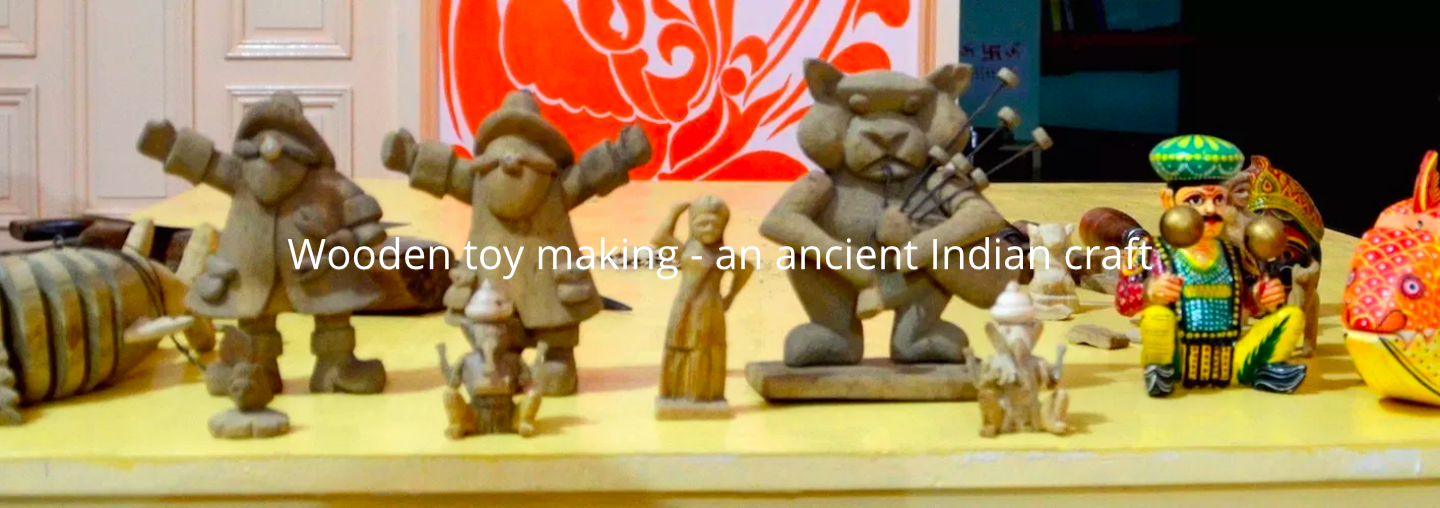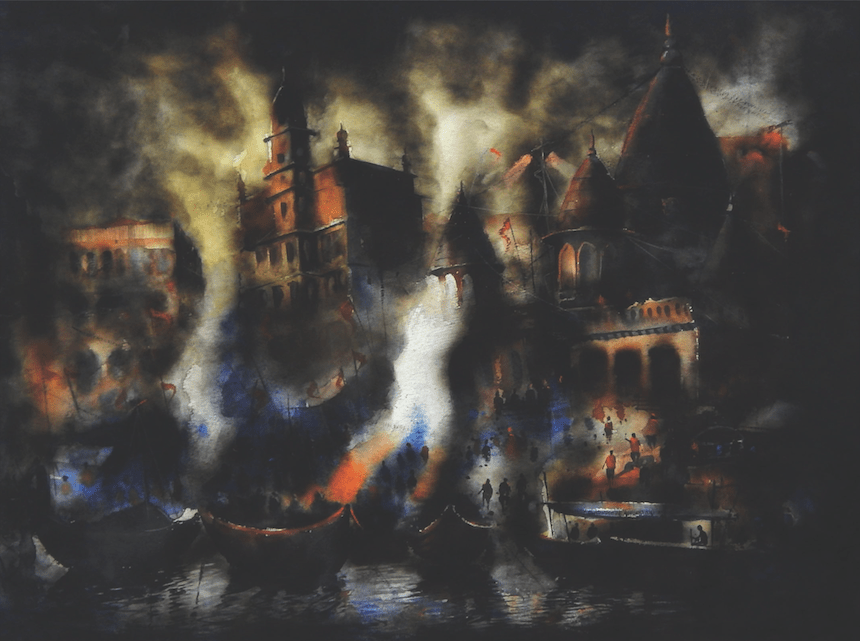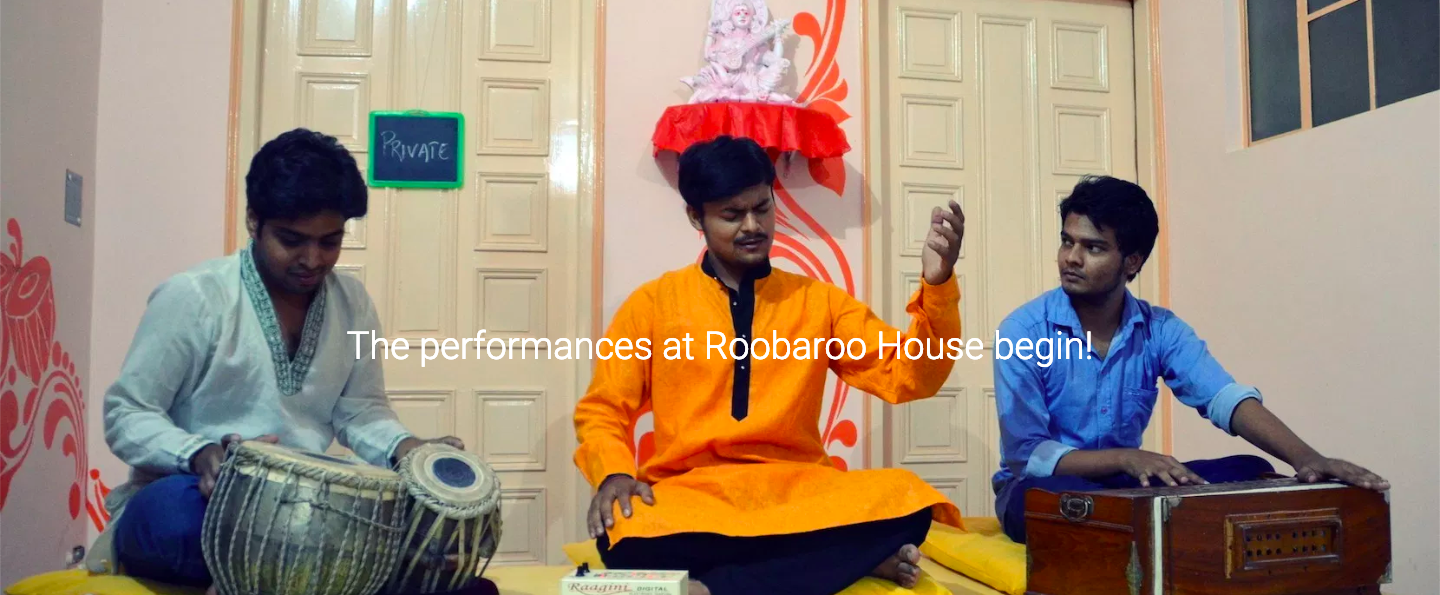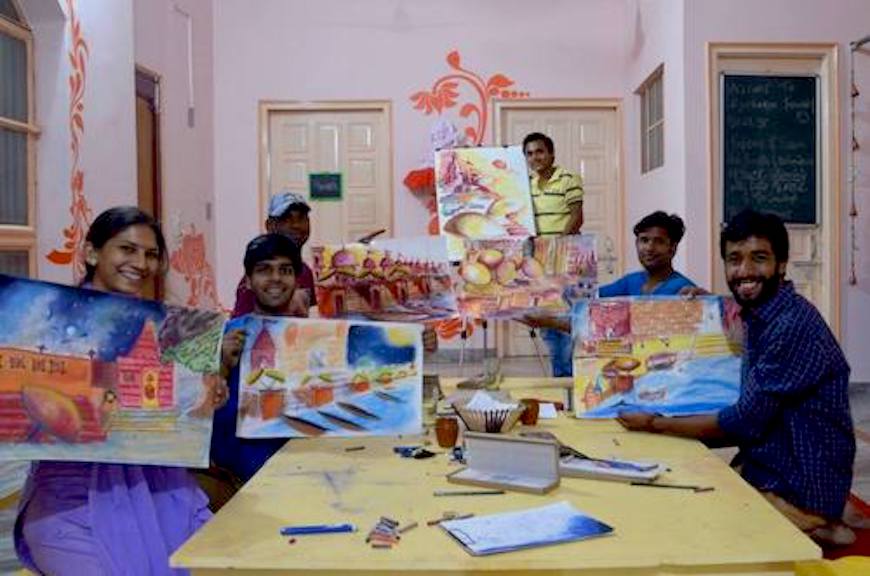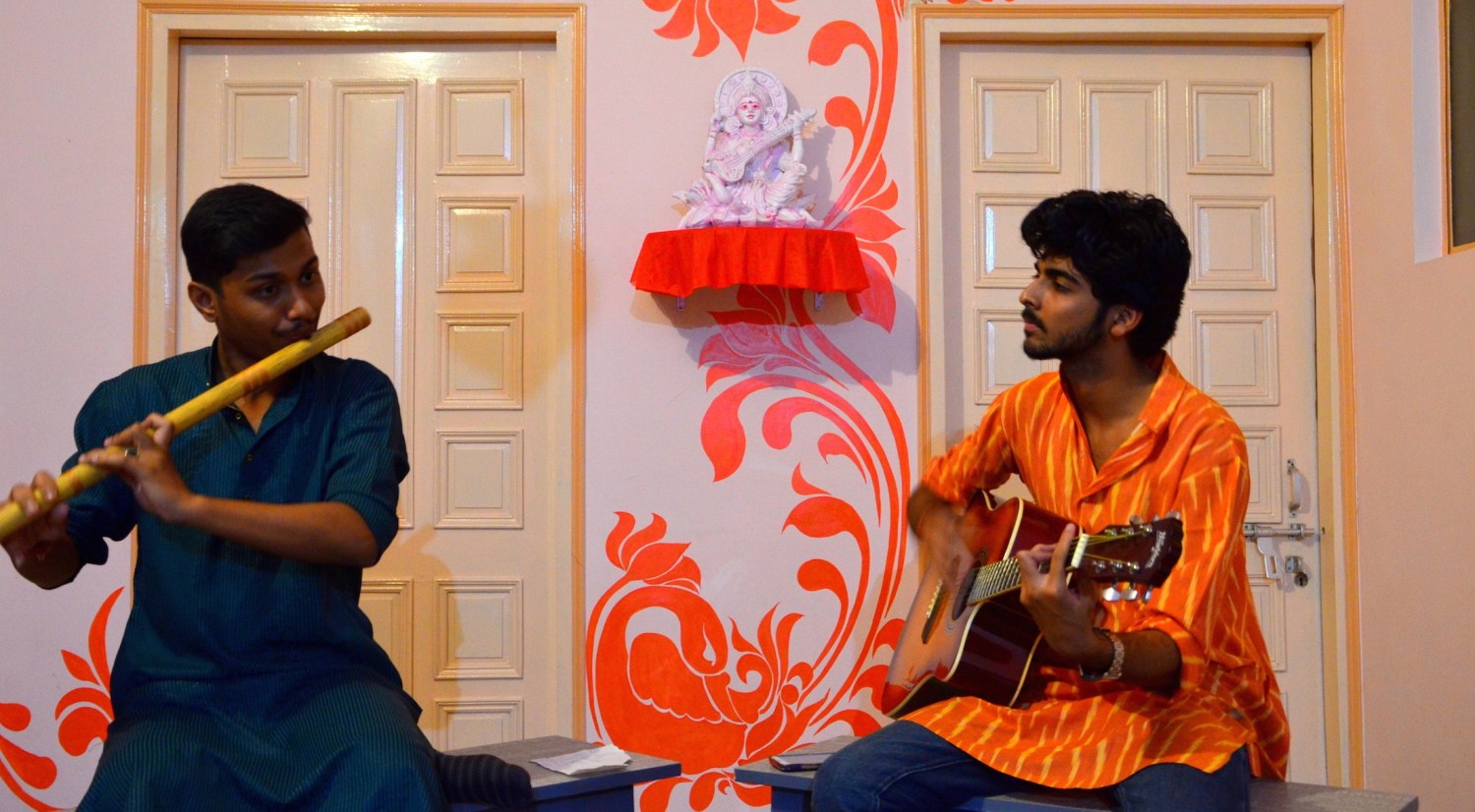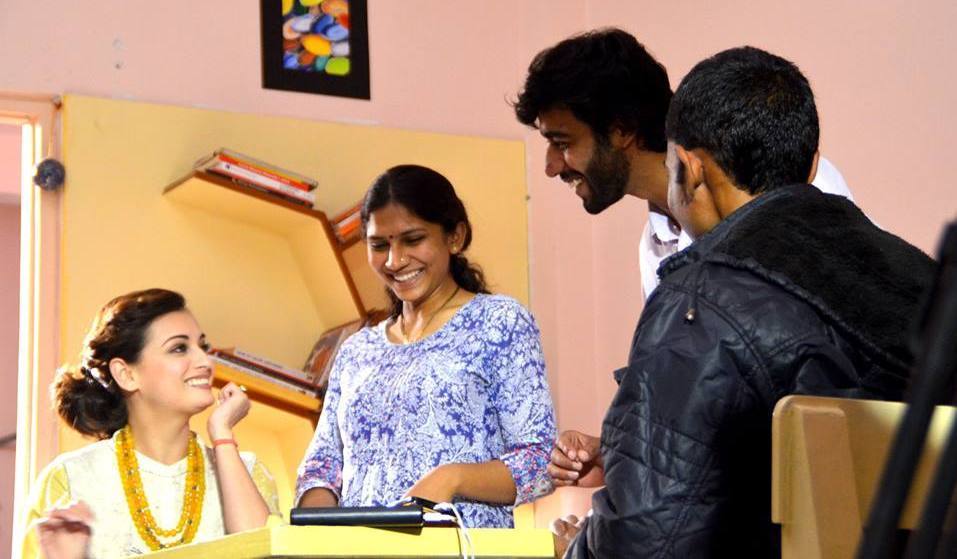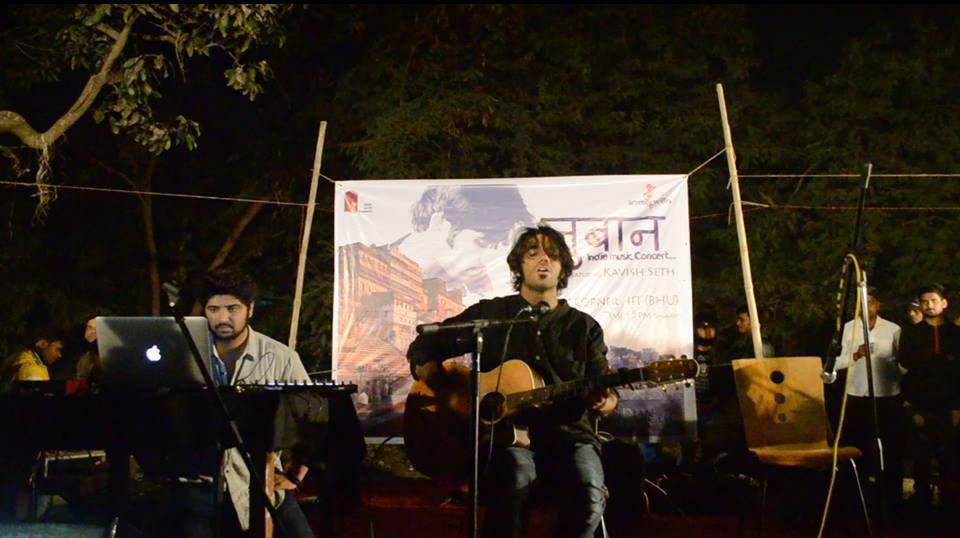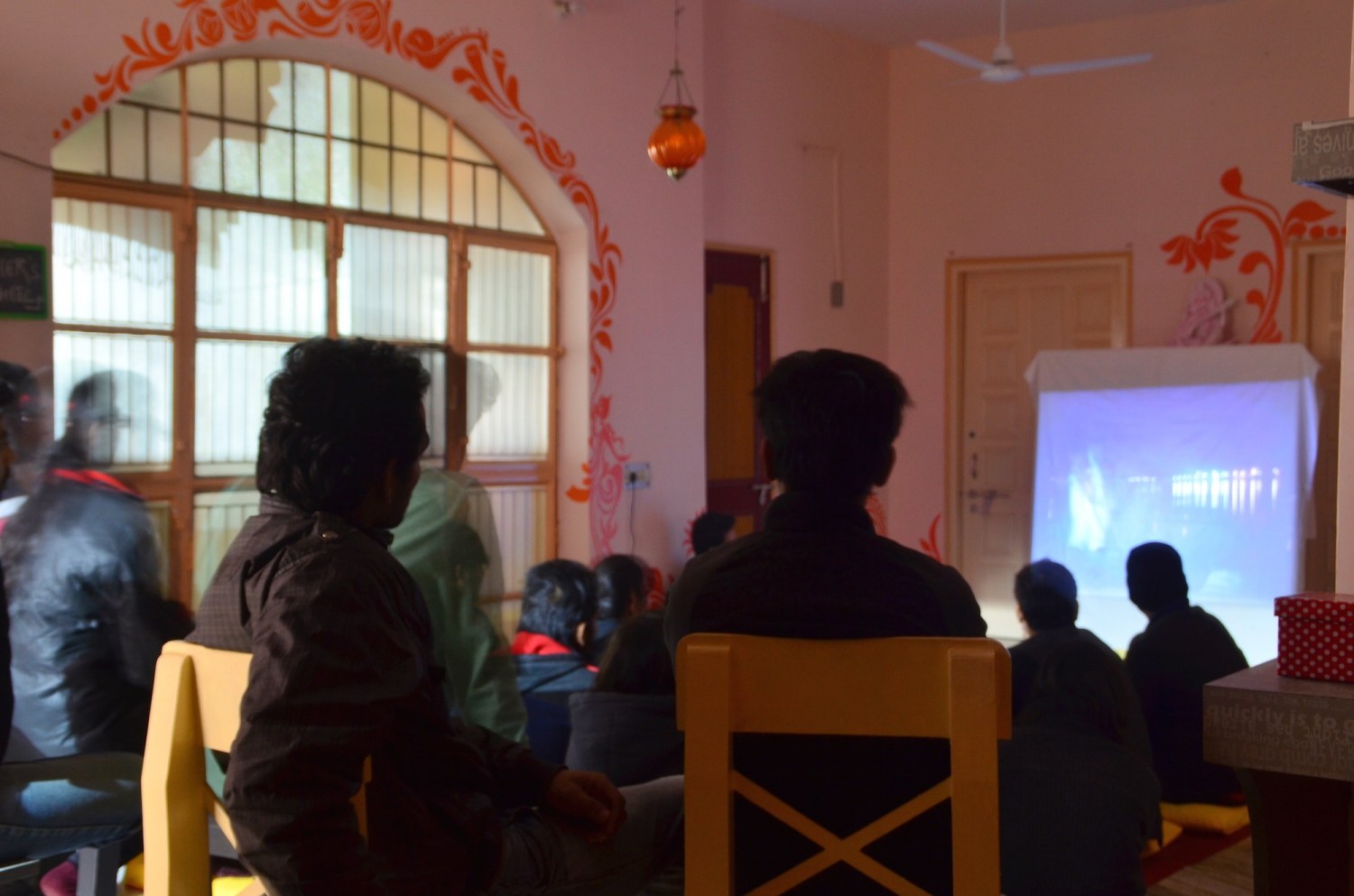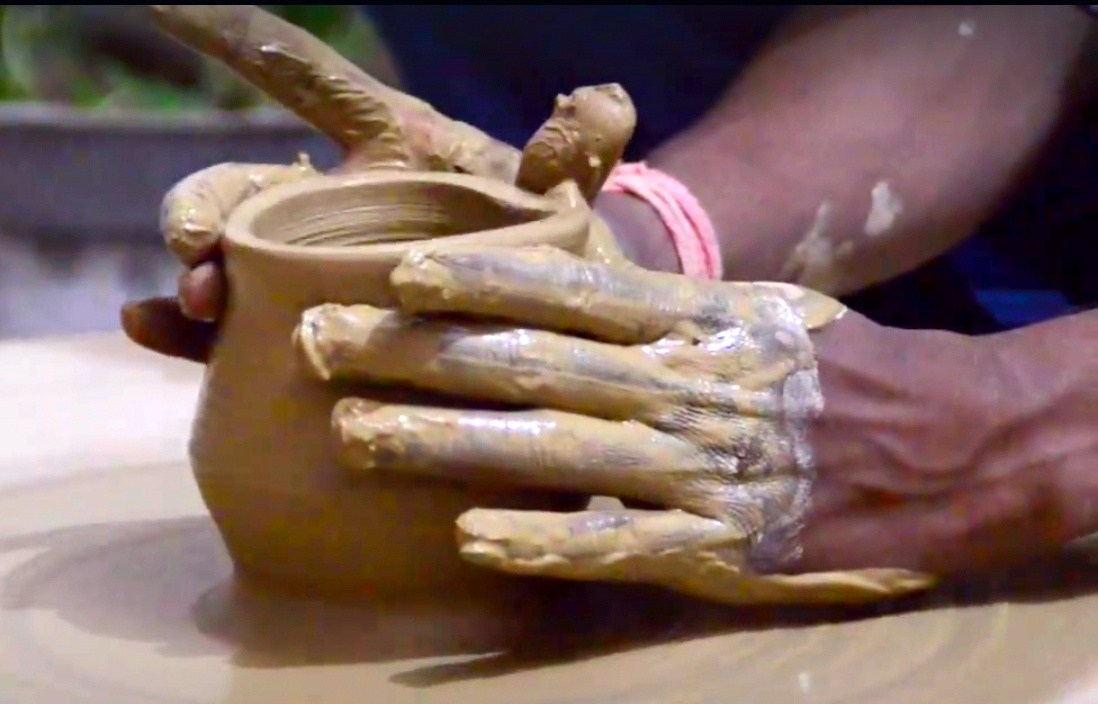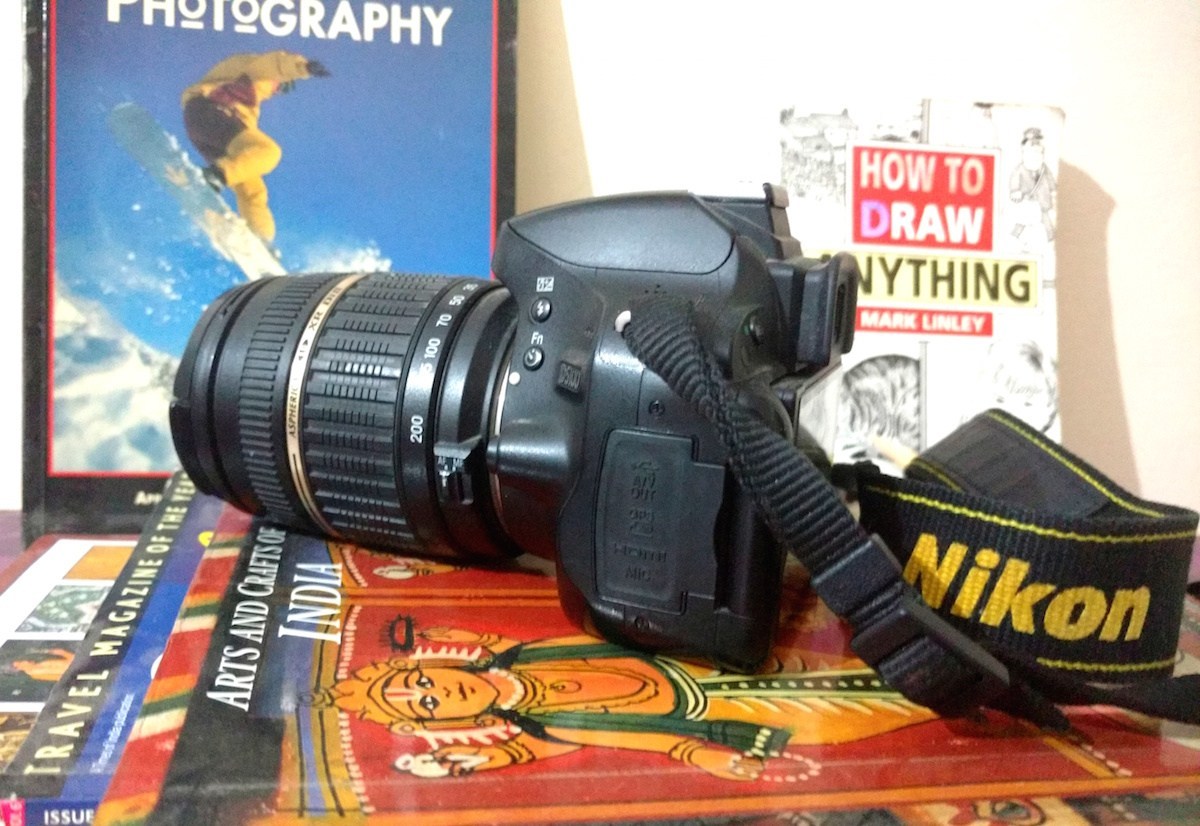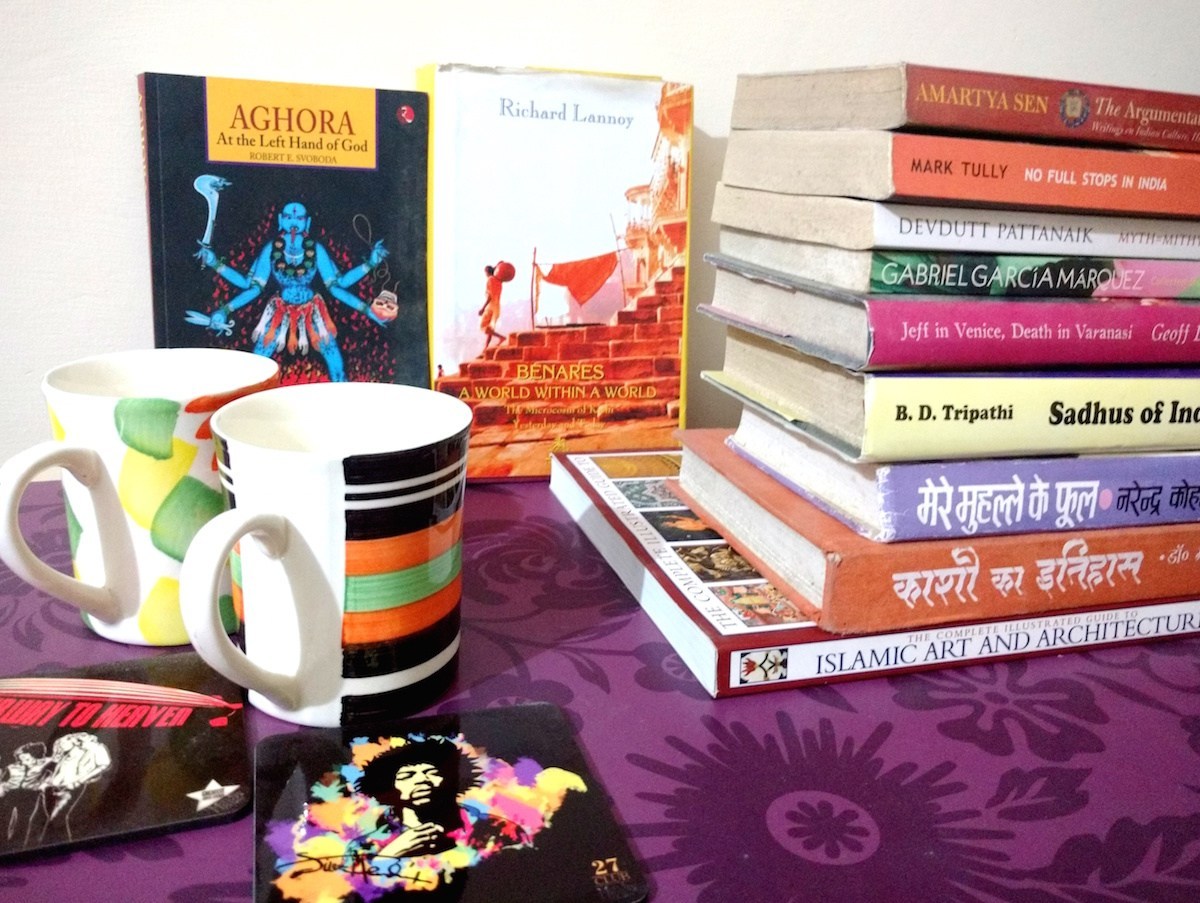Even as our world grapples with containing COVID-19 and minimizing its damage, an interesting, albeit unsurprising observation was recently made by international media, including Forbes and Newslaundry. If we look at the countries that have managed to deal with the pandemic most efficiently so far, we would realize that they are all led by women. Be it New Zealand’s Jacinda Arden, Germany’s Angela Merkel, Iceland’s Katrín Jakobsdóttir, Finland’s Sanna Marin, Taiwan’s Tsai Ing-wen, Norway’s Erna Solberg, Sint Maarten’s Silveria Jacobs or Denmark’s Mette Frederiksen – all of them are the true face of leadership right now. These women have shown what good leadership is about – empathy, integrity and foresight. They are setting examples of how governments do well by caring for their most vulnerable, by speaking the truth and by an absolute intolerance for hatred. Thinking about these wonderful figures, I am reminded of another similar person almost 800 years ago – Sultan Razia of the Delhi Sultanate.
Born in 1205, Razia would have been all of six years old when her father’s status changed from that of a slave to the Sultan of the empire of Delhi. Having emerged from unconventional circumstances himself, Iltutmish, her father, did not have any orthodox traditions to maintain. This might be why Razia was trained in the skills of administration, martial arts, and warfare early on, like her brothers. Her abilities impressed her father so much that he left her to administer Delhi when he went for an expedition to Gwalior. Her outstanding performance as the administrator made Iltutmish choose her as his heir! In doing this, the Sultan overlooked at least three of his surviving sons. A woman being chosen to rule is still a rare sight in many places in the world today, imagine how huge this must have been in the 13th century! Not surprisingly, Iltutmish’s decision irked a lot of people in his court and the nobles decided to ignore these orders to crown Ruknuddin Firuz, the eldest surviving son.
Now, it wouldn’t be an exaggeration to say that Ruknuddin was a die-hard party fan who wasn’t interested in the royal affairs – except for the immense wealth. It was actually his mother, Shah Turkan, who ruled by proxy. This happy arrangement worked for everyone–except the common people, of course, who were miserable because of bad policies and high taxes.
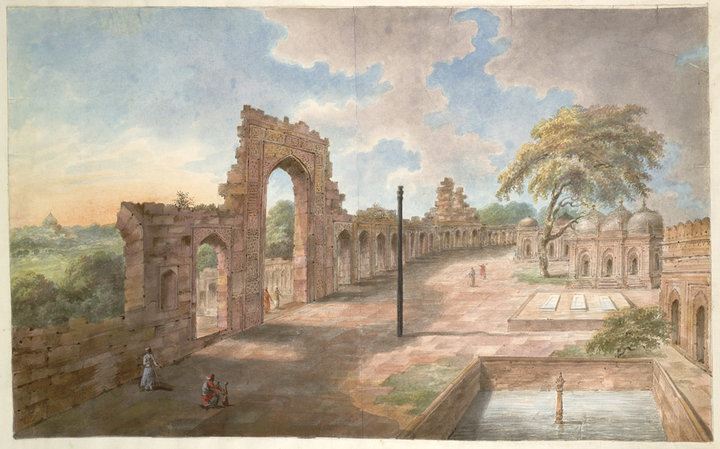
On the other side was Razia, who had been unfairly stripped off of her rights to the throne. However, this extraordinary woman wasn’t going to be stopped that easily. Back in the day, the kings had this policy that anyone who wanted to raise a grievance in front of the king could come dressed in colourful clothes (people otherwise wore white) so that they could stand out and make their case. So, on the occasion of a Friday prayer at the Quwwat ul-Islam mosque in Delhi, Razia went dressed in red – the colour of protest. She addressed the congregation and complained about the injustice done to her by her brother and stepmother. The people at the congregation stood up with her, deposed Ruknuddin and put her on the throne! So, in a way, Razia was not only able to raise a popular coup, but also came as close to a democratically elected monarch as one could during that time. To the people she said that: if they found any shortcomings in her as a ruler, they could depose her anytime they wanted.
Sultan Razia proved to be a very able ruler who established colleges and libraries, minted coins in her name, proclaimed herself “pillar of women”, “queen of the times”. She also rebelled against various oppressive structures and norms. Razia shed the veil as soon as she became the ruler. She also moved to abolish the ‘jizya’, a tax on non-muslims, but the court nobles opposed it. She opposed racial prejudice by promoting Yaqut, a slave of African origins, to high ranks, which annoyed the rest of the court and led to several rebellions.
I wish I could say that they all lived happily ever after. But this is not a fairy tale and the odds were against progressive leaders like Sultan Razia. Her disgruntled nobles conspired and deposed her. However, despite everything, her short rule of four years continues to be celebrated by historians and common folk alike. If she managed to be so brilliant in such a short time, imagine what she could have achieved with a slightly lengthier reign! I believe it helps to turn to history and learn from people like her, learn from both their success and failures because history never fails to provide us with parallels. And to the present-day Ruknuddins and the Shah Turkans who are either taking advantage of the pandemic to increase their powers or are serving the interests of the rich, Jacinda Arden would say: “Do you want to be a leader that looks back in time and say that you were on the wrong side of the argument when the world was crying out for a solution?”
P.S. – The Quwwat-ul-Islam mosque where Razia rallied the crowd to be crowned the empress is North India’s first mosque and still stands today inside the Qutub Minar complex. It’s one of the must-visit places in Delhi and among our favorite stops on the Origins of Delhi Walking tour as we recreate this specific incident as well as the fascinating interactions between army generals and masons which led to some groundbreaking new architecture.



